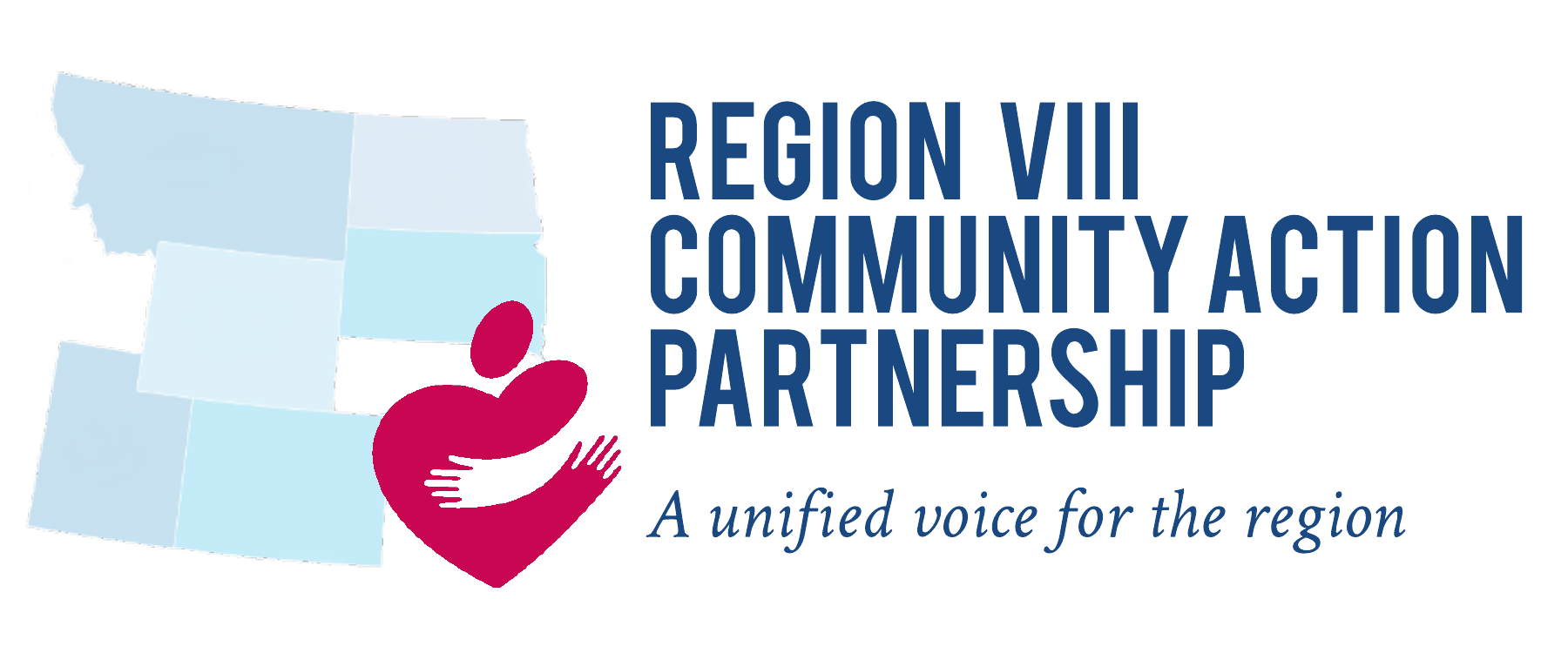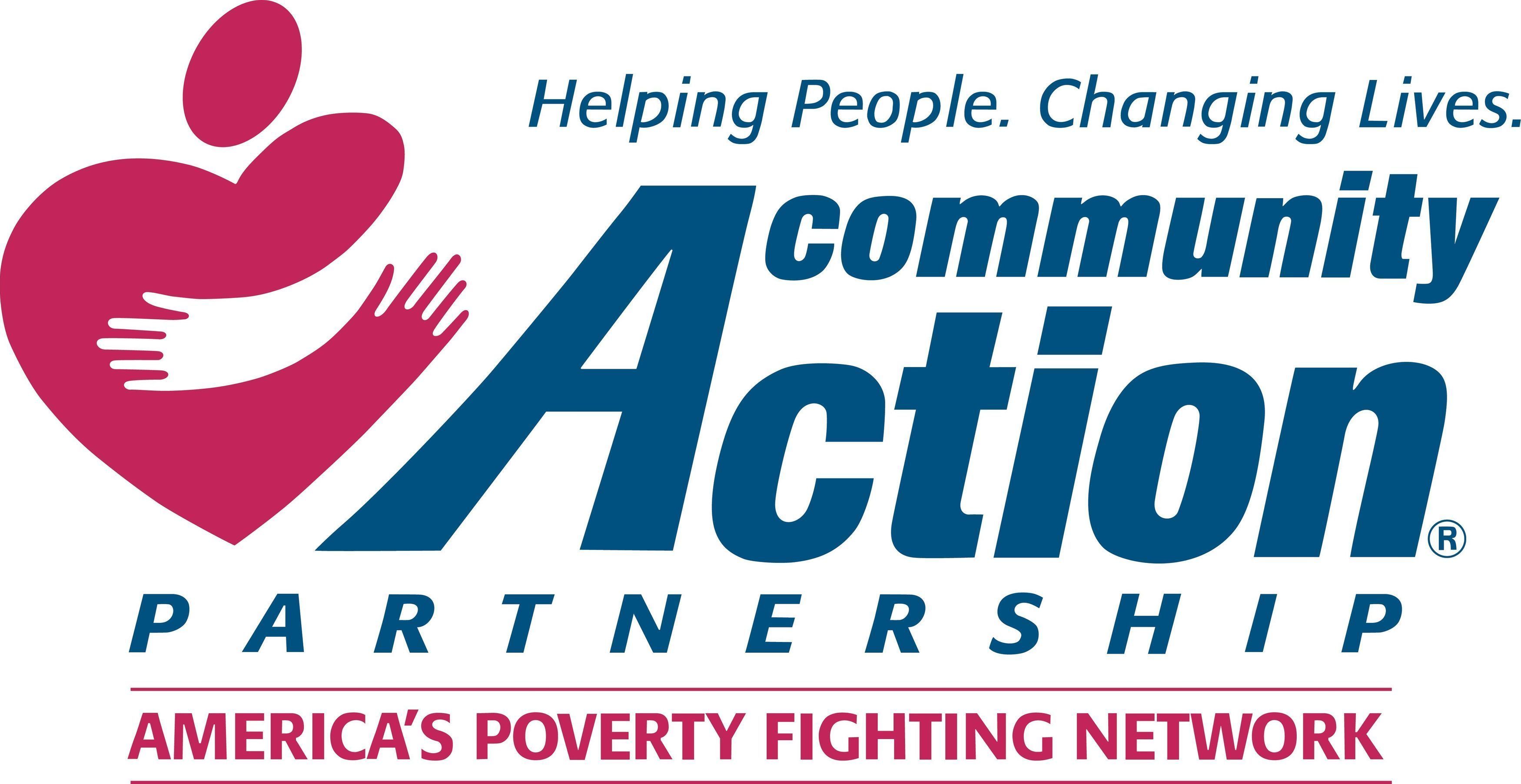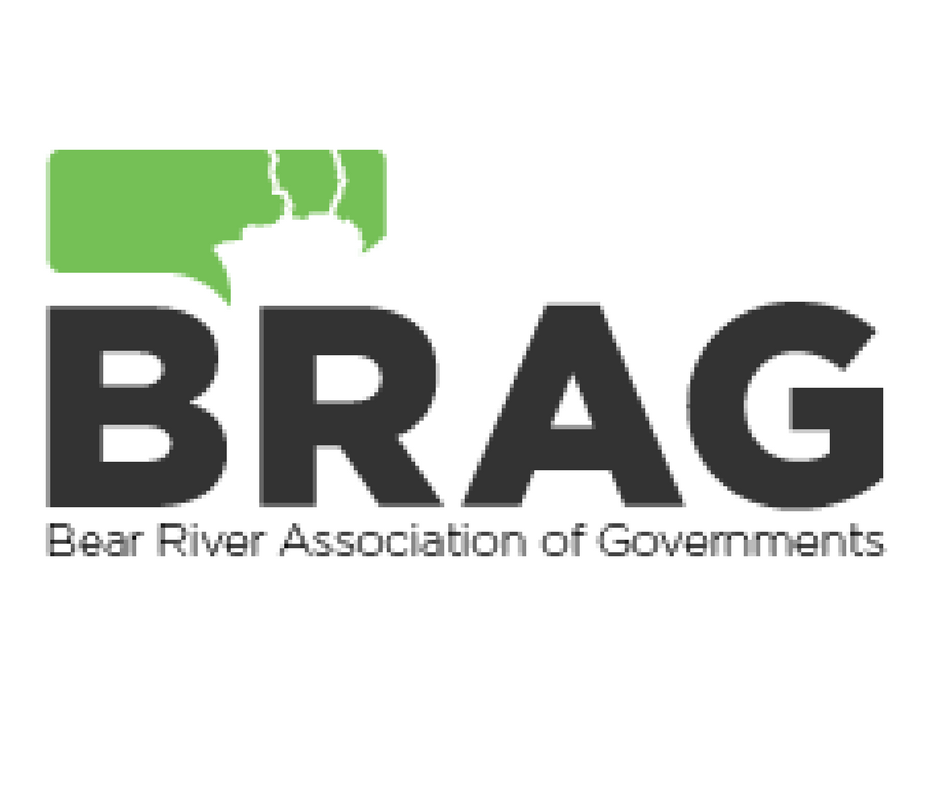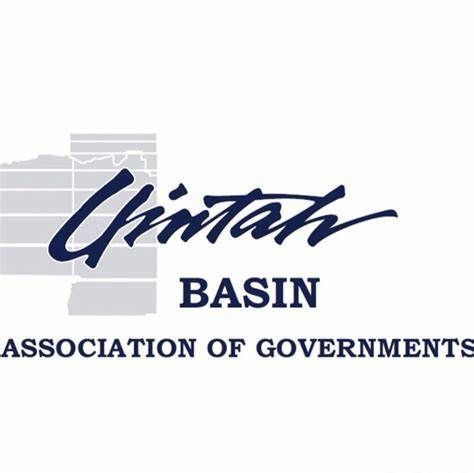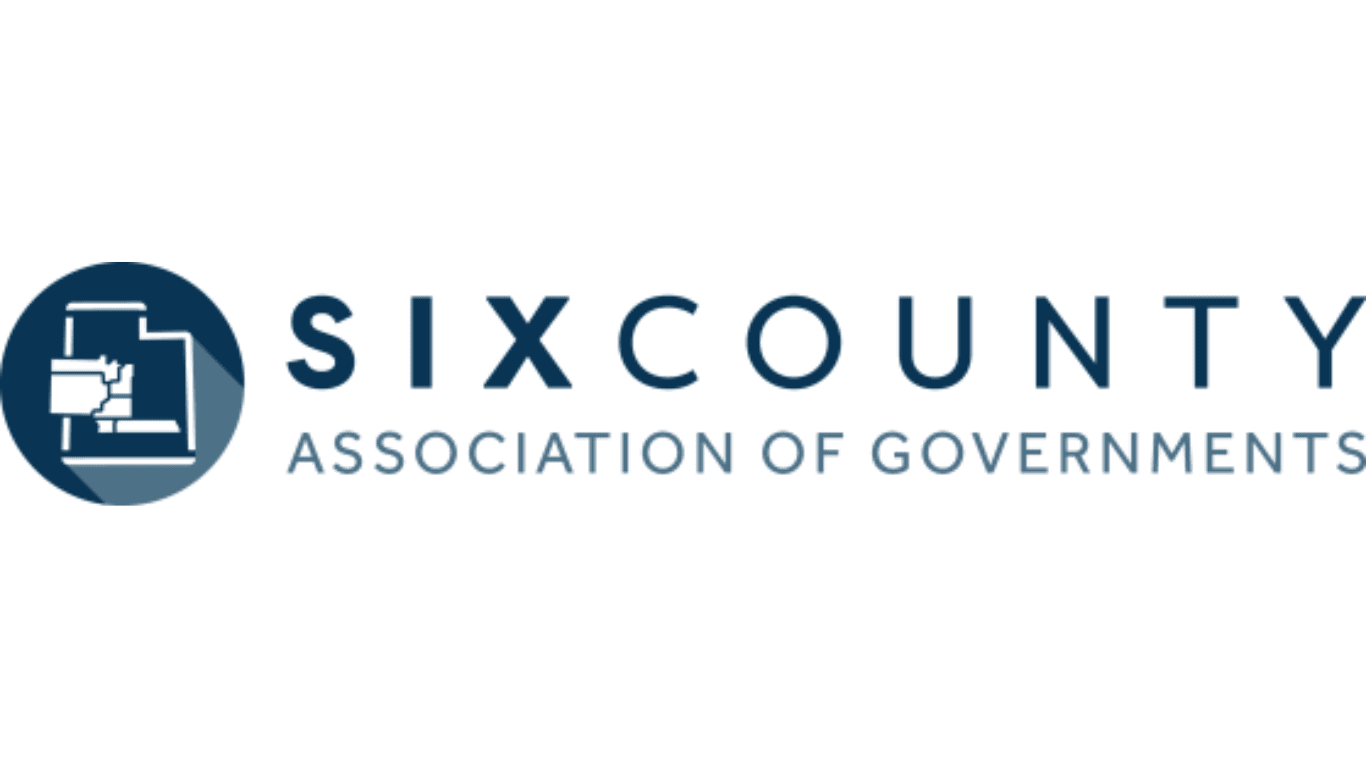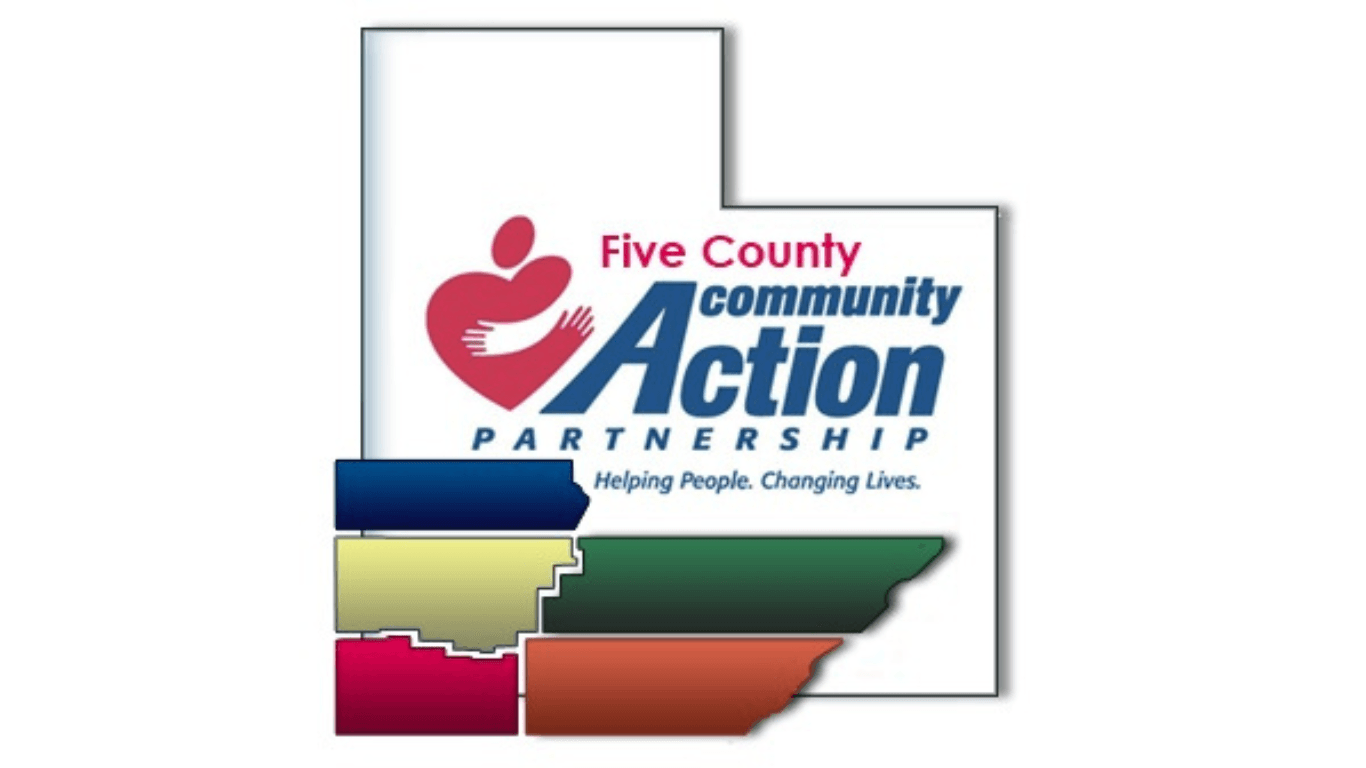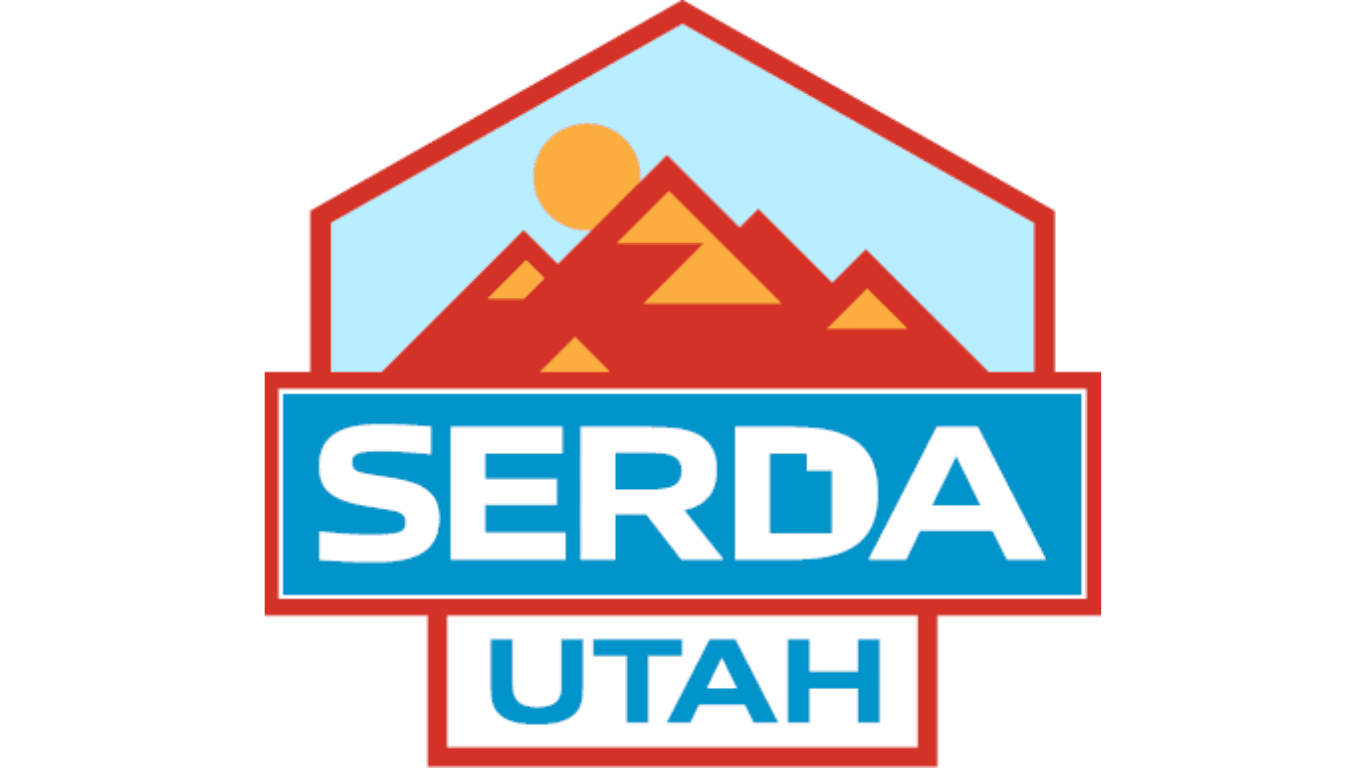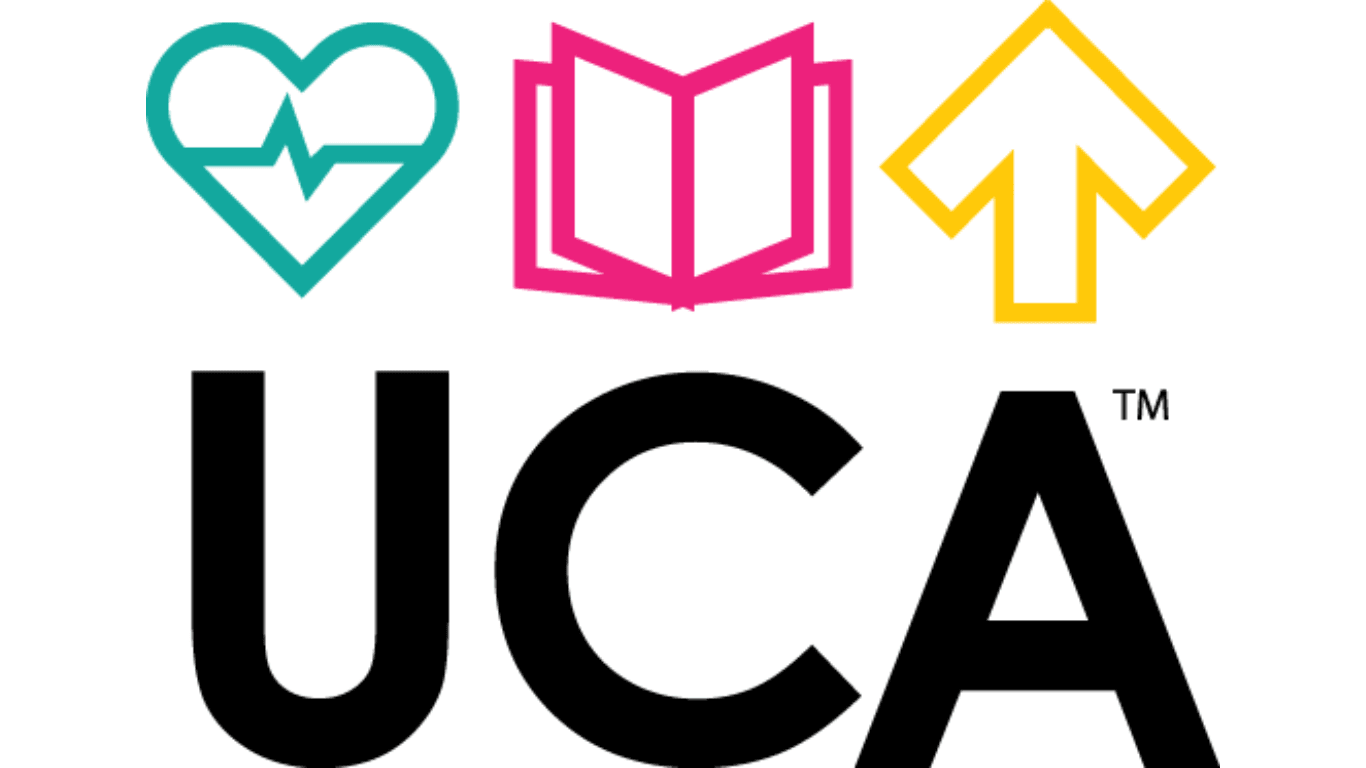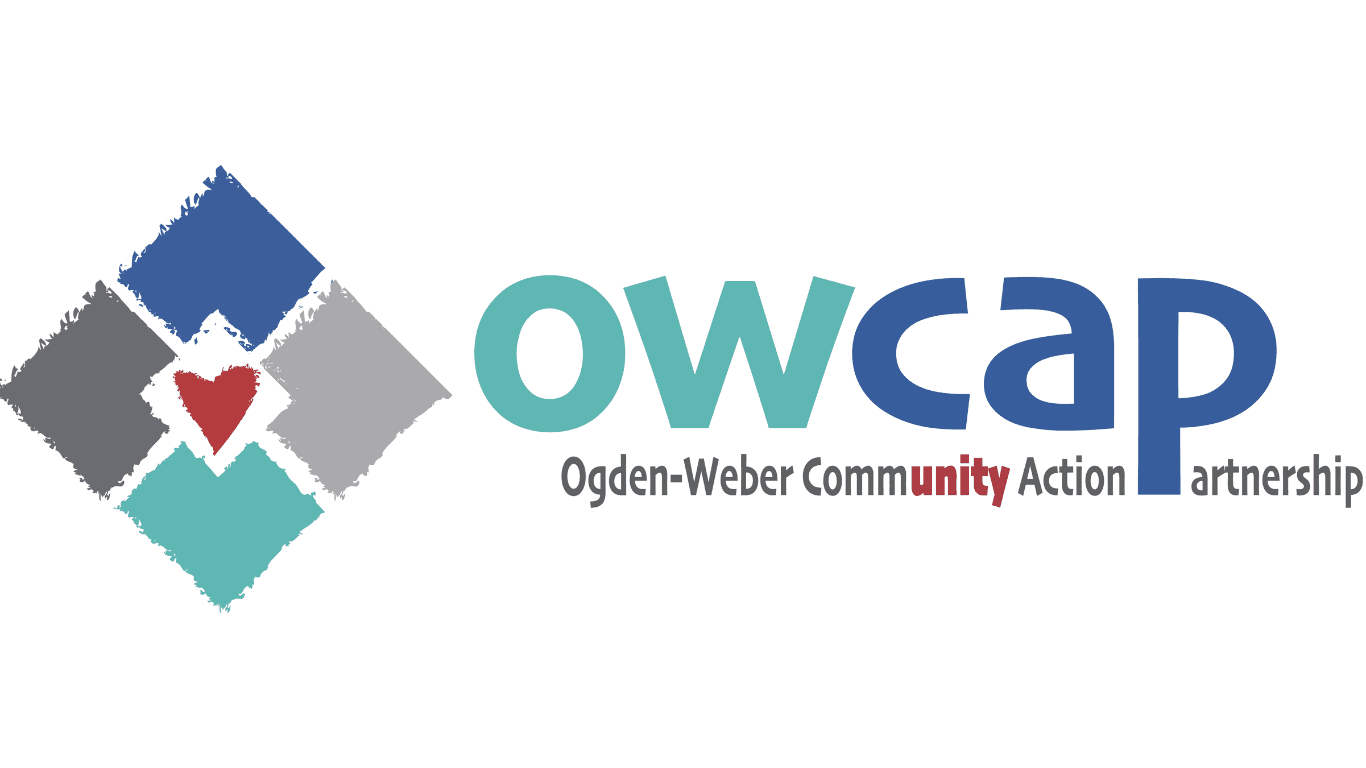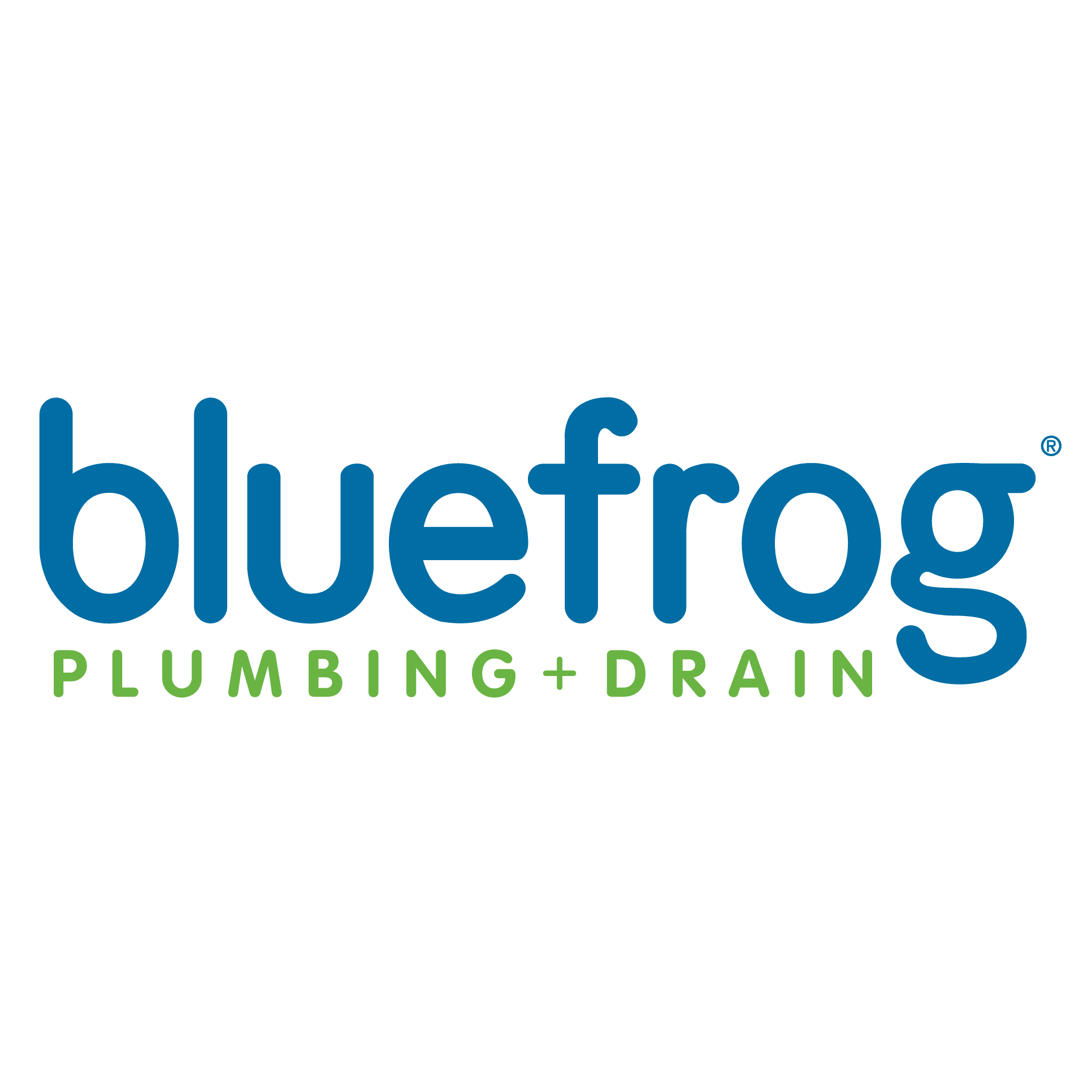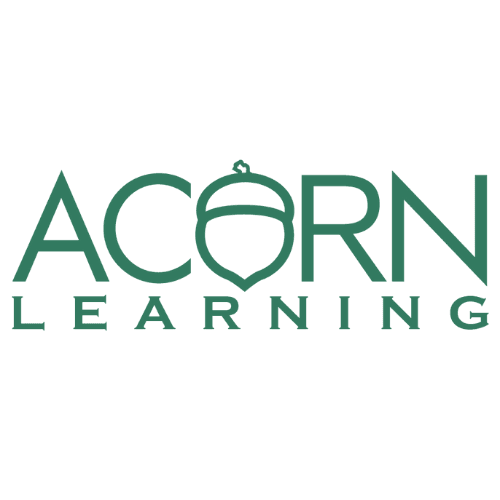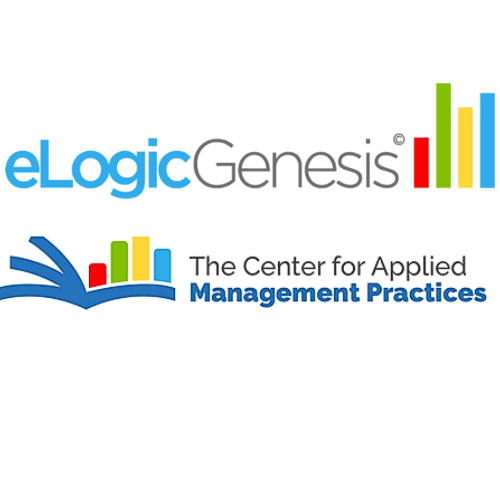What is Public Charge?
The public charge rule is a prospective test derived from the 1952 Immigration and Nationality Act that immigration officials apply to green card and certain visa applicants. The test allows an official to deny the applicant’s petition if they are “likely at any time to become a public charge”. While the specific elements of the test have changed over time, some form of the federal public charge rule has existed since the 1800s.3 Under the federal statute, an immigration official must consider, at a minimum, an individual’s (1) age; (2) health; (3) family status; (4) assets, resources, and financial status; and (5) education and skills when determining whether such individual is inadmissible on public charge grounds.4 DHS has the authority to issue rules and guidance that establish what factors may be considered under each element of the five-element test, also known as the “totality of the circumstances test.”
- 1999 rule - Public charge means 50% of income comes from government benefits
- 2018 rule - If applicant has received 12 months worth of covered benefits in a 36 months.
It primarily impacts the ability for green cards and visa applications
The public charge rule does not apply to:
- Refugees and asylees
- VAWA self-petitioners
- Survivors of domestic violence
- Trafficking, or other serious crimes (U or T visa applicants)
- Special Immigrant Juveniles
- TPS applicants
- Lawful permanent residents (i.e., green card holders) applying for citizenship or to renew their green card
- DACA renewal applicants
Which Programs Does Public Charge Apply to:
- Supplemental Security Income (Social Security Administration)
- Cash benefits through TANF or "welfare" - (DWS)
- Other federal, state, and local cash assistance (DWS)
What 2019 Rule Programs Would Have Been Included - But Are No Longer Included Effective March 9, 2021)
The Trump administration passed the 2019 Rule that expanded the number of programs that would count towards public charge. The 2019 faced legal challenge into 2020.
On February 2, 2021, President Biden issued Executive Order 14012 to review the 2019 rule. However, on April 12, 2021 the US Department of Homeland Security (US Citizenship and Immigration Services) issued guidance that the 2019 rule would not be enforced effective March 9, 2021.
These programs were counted towards public charge in the 2019 rule, but are no longer counting towards public charge:
- Supplemental Nutrition Assistance Program or "food stamps" - (DWS)
- Medicaid (with exception of pregnant women program, immigrants under 21, and certain disabilities - (Utah Department of Health - Apply through DWS)
- Section 8 and Section 9 Housing Programs or public housing - (Housing Authorities)
Programs that can be utilized without counting towards public charge:
| Programs | What Counts - effective March 9, 2021 | What Does Not Counts - effective March 9, 2021 |
|---|---|---|
| Food Assistance | • Pandemic EBT (DWS) • Funding through the CARES Act (Various Community Agencies) • Community Food Pantries (Including Community Action Agencies and other public, religious, and non-profit entities) • School Lunch Programs (School Districts) • Summer Lunch Programs (School Districts, Utah Food Bank, and other public, religious, and non-profit entities) • Soup Kitchens (public, religious, and non-profit entities) • Meals on Wheels (Area Agency on Aging entities - County Departments or Association of Governments) • Other Nutrition Programs • SNAP/Food Stamps (DWS) | |
| Rent Assistance, Utility Assistance, Housing Counseling, and Eviction Help | • ERA Rental Assistance through the state portal • Other rent assistance programs through Community Action Agencies, homeless services providers, Housing Authorities, and other public, religious, and non-profit entities) • Housing Counseling through USU, Color County Homes Solutions/ "Neighborworks Provo", Community Action Services and Food Bank (in Provo), and other agencies that HUD-counseling certified. • Landlord mediation through Utah Community Action • HEAT Utility Assistance (DWS-HCD in partnership with Community Action Agencies and other non-profit providers) • Weatherization Services (Community Action Agencies and Certain Association of Governments) • Legal Assistance from Utah Legal Service and People's Legal Aid of Utah • Emergency shelters • Section 8 Housing - Projects (Housing Authorities) | |
| Free Tax Prep / VITA | • Some tax credits - including advanced tax credits may not be available to non-citizens - but tax credits that someone • VITA (free tax preparation) - but tax filings available for legal residence | |
| Medical Assistance | • Medicaid (DWS - UDOH) • Emergency care at a hospital • Services through a Community Health Center / Free Clinic • Mobile health services for homeless individuals • CHIP | |
| Cash Assistance | • TANF Cash Benefits / "Welfare" (DWS) • State Cash Benefits (DWS) | • NOTE: Non-cash assistance like housing, youth programs, job retraining, etc. through TANF are not reported. |
| Social Security | SSI (Social Security Administration) | • Regular social security programs (retirement and disability - which are dependent on having enough work/contribution credits) |
| Education / Head Start | • Head Start / Early Head Start • Adult Education • ESL Classes • Public Education • Home Visiting Programs | |
| Domestic Violence | • DV Shelter • Counseling • Legal Assistance • Other DV Services | |
| Other | • Services funded through Community Services Block Grant (CSBG) • Non-cash TANF-funded programs • Non-cash state and local programs • Any program that is not included in public charge rule (practically everything else) |
This table demonstrates that most programs that are offered by Community Action Agencies and their partners do not count against public charge. If you have any questions about programs, including those that were counted during the 2019 public charge rule, please consult legal assistance. You can find immigration and legal services available by calling 211.
Additional Resources
CAP LAW September 2020 FAQ
CAPLAW_FAQ_PublicCharge_Sept2020.pdf
Immigrant Legal Resource Center
https://www.ilrc.org/sites/default/files/resources/public_charge_trump_rule_may_2021.pdf
https://www.ilrc.org/public-charge-old
Department of Homeland Security - US Citizenship and Immigration Services
https://www.uscis.gov/green-card/green-card-processes-and-procedures/public-charge



